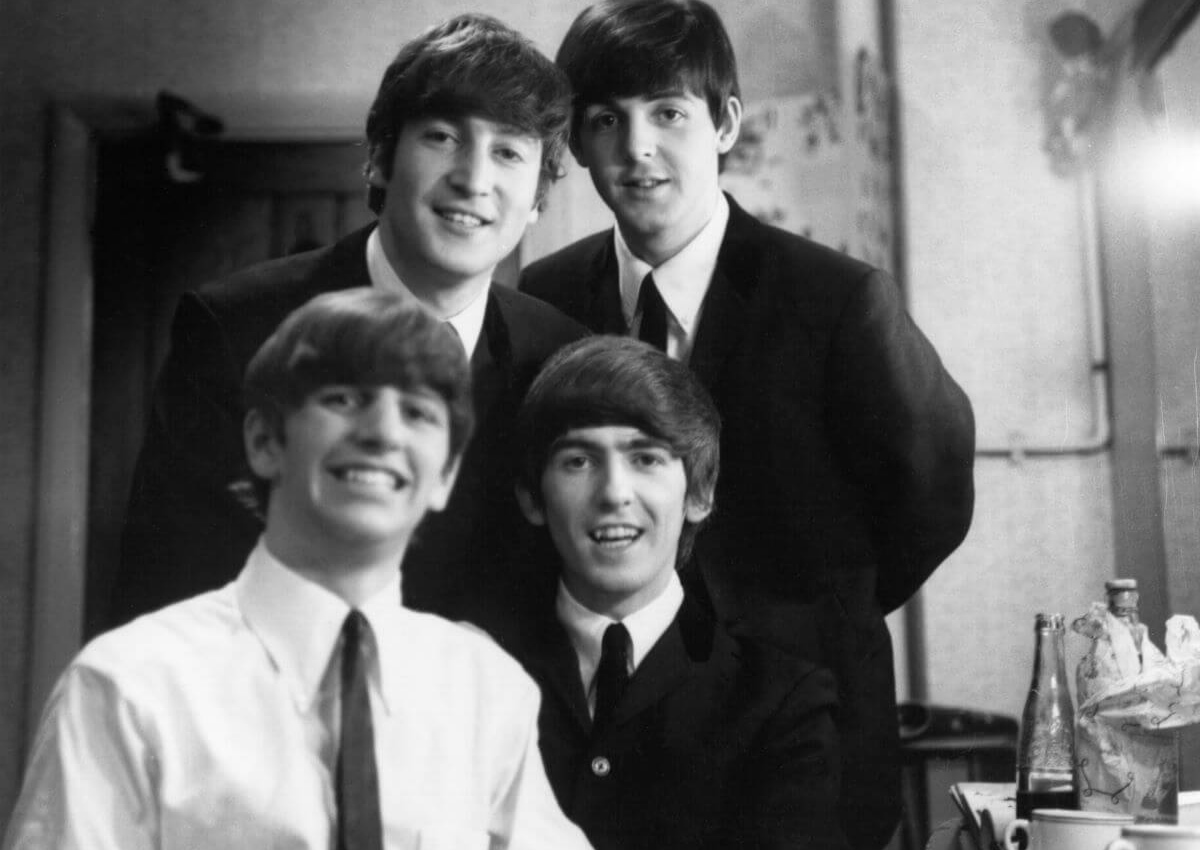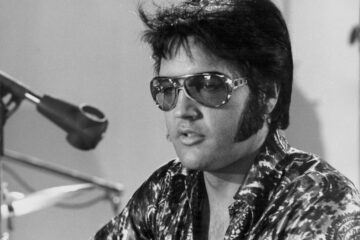The Beatles weren’t civil rights activists, but a soul singer said the group’s success was “a civil rights breakthrough.” He wasn’t the only one to say something like that. Here’s a look at how Black singers inspired the Fab Four.
A singer said The Beatles and Elvis Presley moved helped the civil rights movement
Maxwell is a neo-soul singer known for tunes such as “Ascension (Don’t Ever Wonder),” “Sumthin’ Sumthin,” and “Lake by the Ocean.” His music doesn’t sound much like The Beatles’. However, Maxwell works in a musical idiom that paved the way for the Fab Four.
During a 2017 interview with The San Diego Union-Tribune, Maxwell discussed the issue of The Beatles and cultural appropriation. “It’s a very touchy subject,” he said. “Because it’s like it was appropriation, but there was a certain window that was opened that never would have been opened without people like Elvis and The Beatles.
During a 2017 interview with The San Diego Union-Tribune, Maxwell discussed the issue of The Beatles and cultural appropriation. “It’s a very touchy subject,” he said. “Because it’s like it was appropriation, but there was a certain window that was opened that never would have been opened without people like Elvis and The Beatles…
“They were into the grooves and soul of Black music and introduced it to the world at large,” he added. “And then the world caught on to the original artists Elvis and The Beatles were inspired by. So it was kind of like a civil rights breakthrough, as I see it.” It’s interesting that Maxwell chose to link the careers of The Beatles and Elvis during this discussion.
A member of The Temptations said the Fab Four broke down racial barriers
Maxwell isn’t the only Black artist with that perspective. During a 2014 interview with Rolling Stone, Smokey Robinson and The Temptations’ Otis Williams discussed the Fab Four’s legacy. Robinson praised The Beatles. “They were the first huge white act to admit, ‘Hey we grew up with some Black music. We love this,’” said Robinson.
Williams was on the same page. “We knocked down those barriers, and I must give credit to The Beatles,” he opined. “It seemed like at that point in time white America said, ‘OK if The Beatles are checking them out, let us check them out.’”
The Beatles sang songs by some of the most important Black singers of the 1950s
The issue of The Beatles and cultural appropriation is complex. It’s undeniably true that Black artists such as Chuck Berry, Little Richard, and Fats Domino inspired The Beatles. It’s also true that “Twist and Shout” originated by one Black vocal group (The Top Notes) and another Black vocal group (The Isley Brothers) made it a hit before the Fab For put their spin on it. Other tunes from Black artists that The Beatles covered include Berry’s “Rock and Roll Music,” Little Richard’s “Long Tall Sally,” and Barrett Strong’s “Money (That’s What I Want).”
On the other hand, The Beatles are not accused of cultural appropriation as much as their most obvious predecessor, Elvis. The “All Shook Up” singer has been cast as a culture vulture through works as varied as Eminem’s “Without Me,” the documentary The King, and Ralph Bakshi’s Street Fight.
Perhaps future artists will explore The Beatles and race in more detail.



